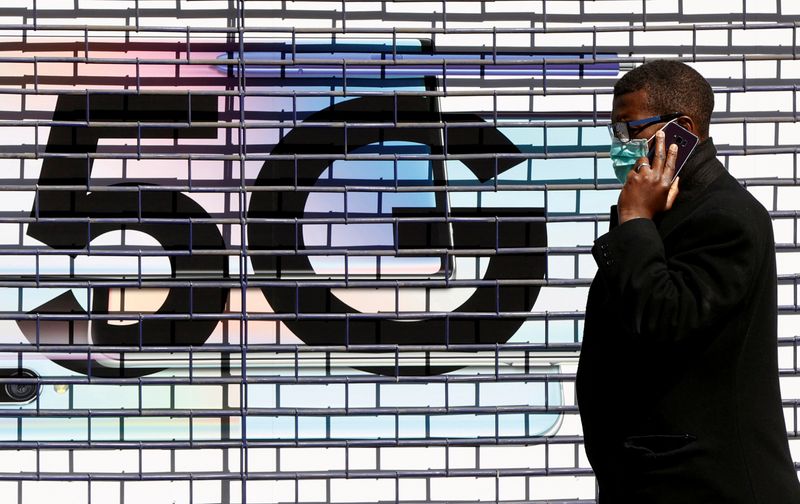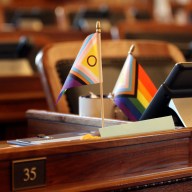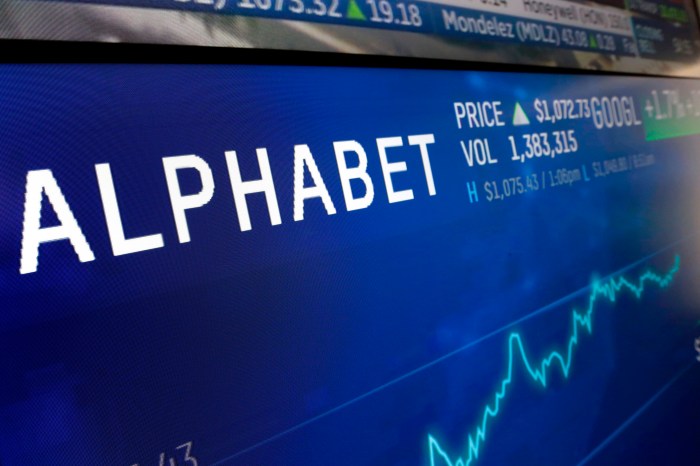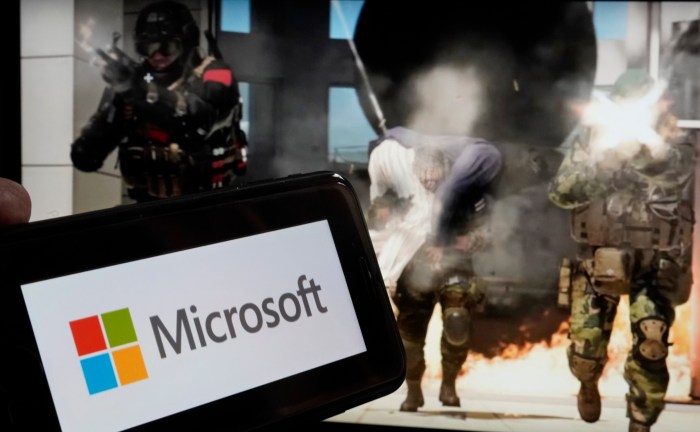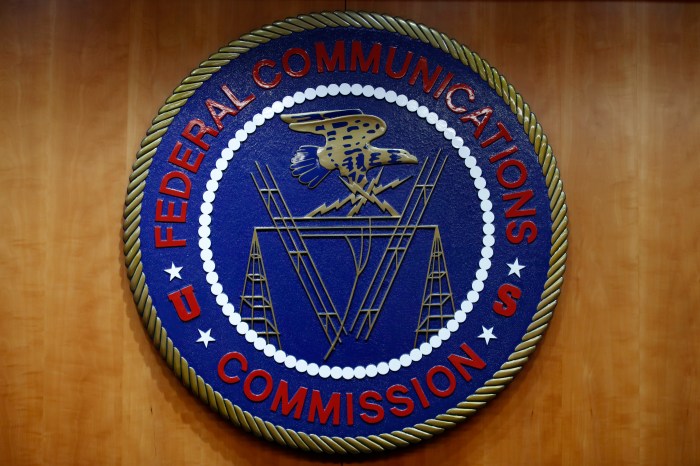LONDON (Reuters) – Britain said on Wednesday it had auctioned airwaves to support 5G mobile for a total 1.36 billion pounds ($1.89 billion), with all four major networks winning new spectrum to improve their networks.
A total of 200 MHz of spectrum was sold, split across the 700 MHz band ideal for providing wide area coverage including in the countryside, and the 3.6-3.8 GHz band, the primary airwaves for 5G that can carry lots of data-hungry connections.
EE, owned by BT, Telefonica UK, which trades as O2, and Hutchison 3G UK secured spectrum in the 700 Mhz band for 280 million pounds each, regulator Ofcom said.
EE also won 20 MHz of supplementary spectrum for 4 million pounds.
Vodafone won 40 MHz in the 3.6-3.8GHz band for 176.4 million pounds, while EE and Telefonica each paid 168 million pounds for 40 MHz in the same band.
All networks said they were pleased with the result.
Shares in BT led the FTSE 100 on Wednesday, gaining more than 4% to a 12-month high. Vodafone was up 1%.
Marc Allera, CEO of BT’s Consumer Business, said the outcome was “great news for our network, our customers and BT”.
Vodafone was been successful in the 3.6 GHz band, said UK Chief Executive Ahmed Essam, adding that it had avoided buying low band spectrum, where its strategy was to refarm its 900 MHz holdings to carry 5G traffic.
Three said it had tripled its low frequency spectrum, which Chief Executive Robert Finnegan said would transform its customers’ experience indoors and in rural areas.
O2 Chief Executive Mark Evans said the investment in new spectrum demonstrated Telefonica’s continued commitment to the UK market.
The auction now moves to the assignment stage, whereby companies can bid for the positions they prefer within the airwaves they have won.
($1 = 0.7190 pounds)
(Reporting by Paul Sandle; editing by Guy Faulconbridge and David Evans)

